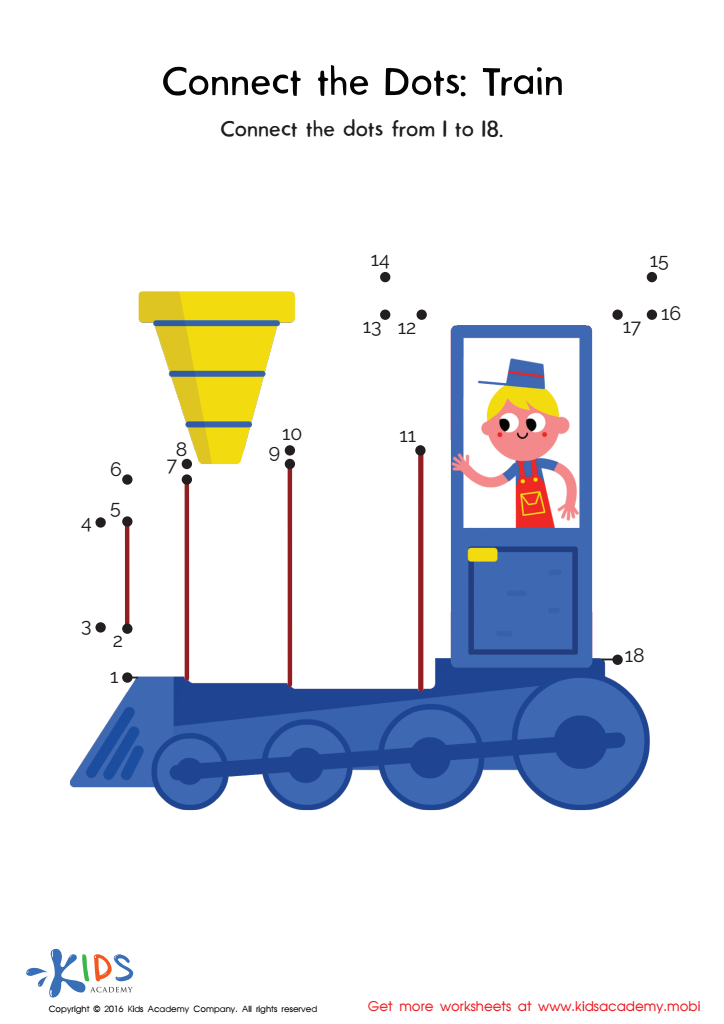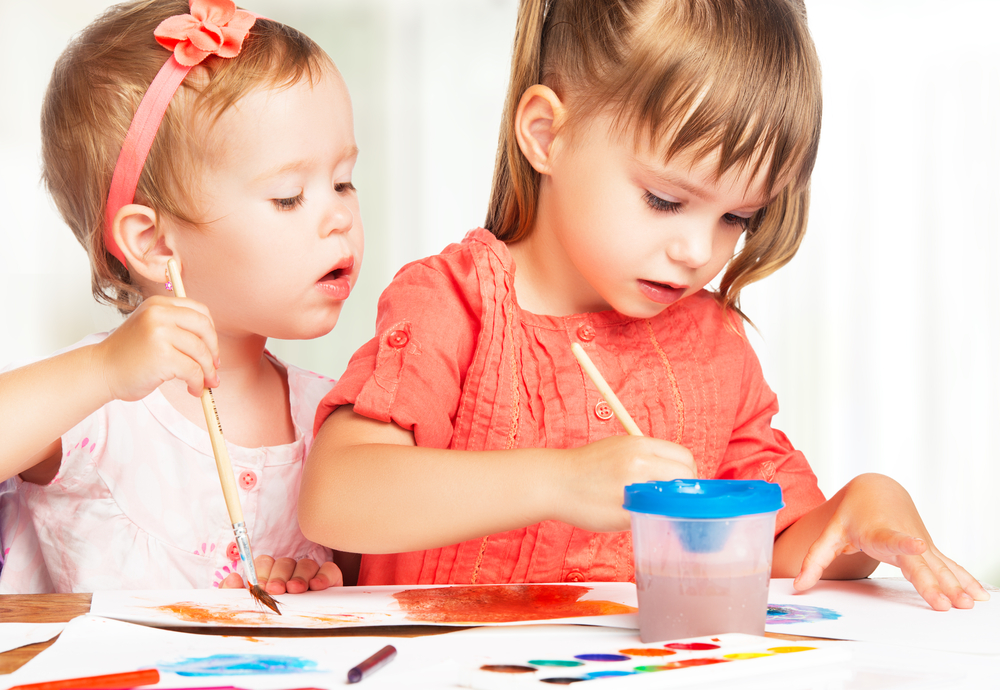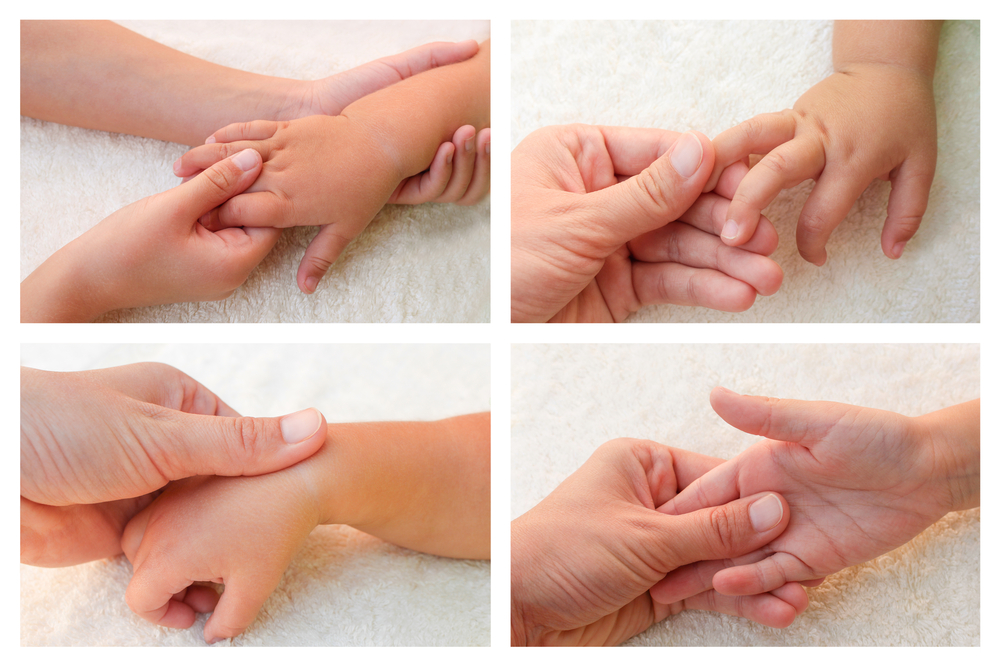Extra Challenge Connecting the Dots worksheets activities for Ages 4-5
3 filtered results
-
From - To
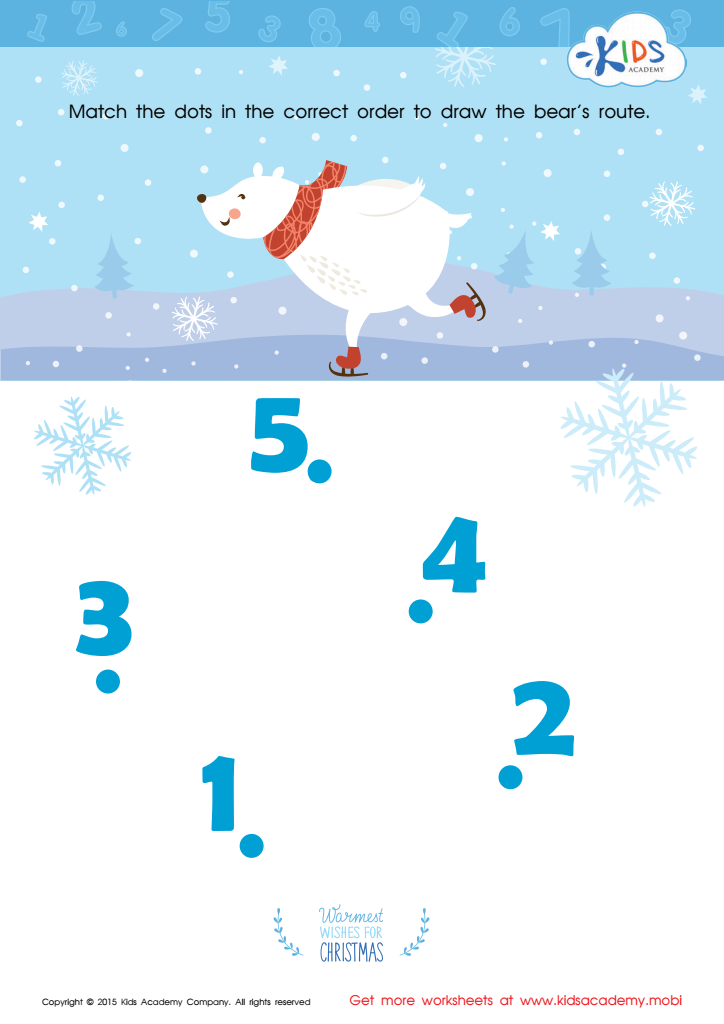

Drawing the Bear's Route by Number Worksheet
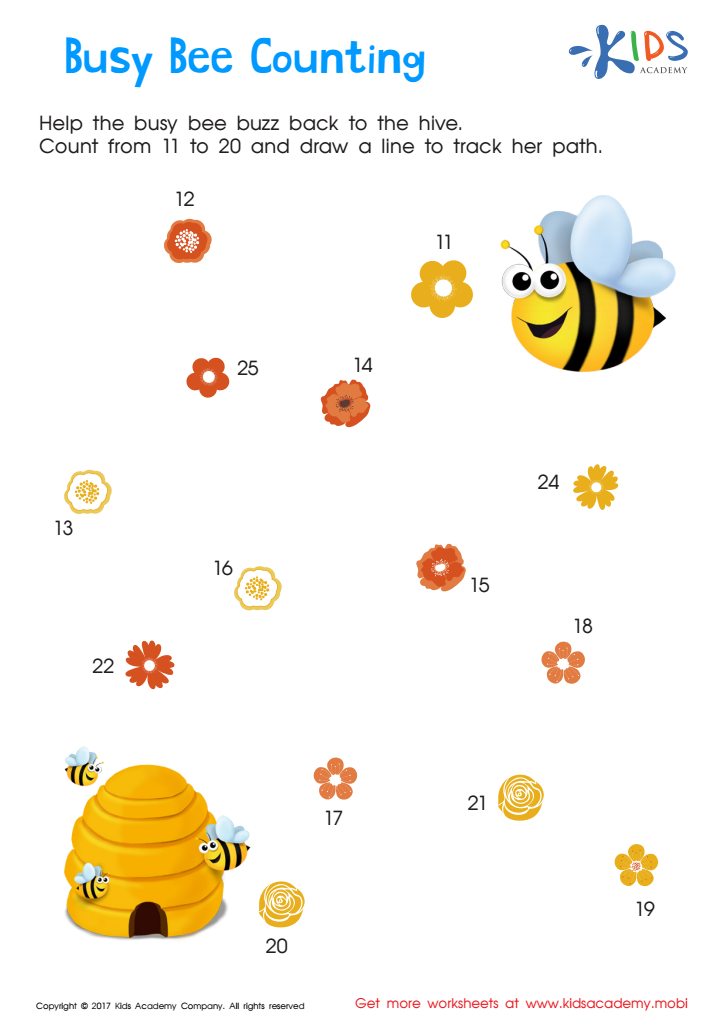

Ordering 11–20: Busy Bee Counting Worksheet
Extra Challenge Connecting the Dots worksheets activities are an invaluable resource for educators and parents alike, aiming to enhance a child's learning experience beyond the traditional curriculum. These activities offer a unique blend of fun and education, making them an essential tool for promoting intellectual growth and development in young learners.
First and foremost, Extra Challenge Connecting the Dots worksheets activities are designed to improve fine motor skills. As children connect the dots, they must carefully draw lines from one number or letter to the next, which helps refine their hand-eye coordination and pencil control. This practice is crucial for the development of writing skills and other manual tasks.
Moreover, these worksheets serve as an excellent way for children to practice number and letter recognition. By following sequences of numbers or the alphabet to connect the dots, children reinforce their understanding of order and sequencing. This foundational skill is vital for mathematical concepts and literacy development, setting the stage for more complex learning.
Another significant benefit of Extra Challenge Connecting the Dots worksheets activities is their ability to enhance problem-solving skills. Children learn to anticipate the shape or image that will appear once all dots are connected, which nurtures critical thinking and visualization skills. This kind of problem-solving practice is essential for cognitive development and can be applied across various learning areas.
Furthermore, these activities boost a child's confidence and motivation. Successfully completing a challenging worksheet provides a sense of accomplishment, encouraging learners to tackle more complex tasks with enthusiasm. This positive reinforcement is key in fostering a love for learning and exploration.
In conclusion, Extra Challenge Connecting the Dots worksheets activities are much more than just entertaining pastimes; they are a multi-faceted educational tool. By integrating these activities into a child's learning routine, educators and parents can significantly contribute to their development of fine motor skills, number and letter recognition, problem-solving abilities, and overall confidence.
 Assign to My Students
Assign to My Students
